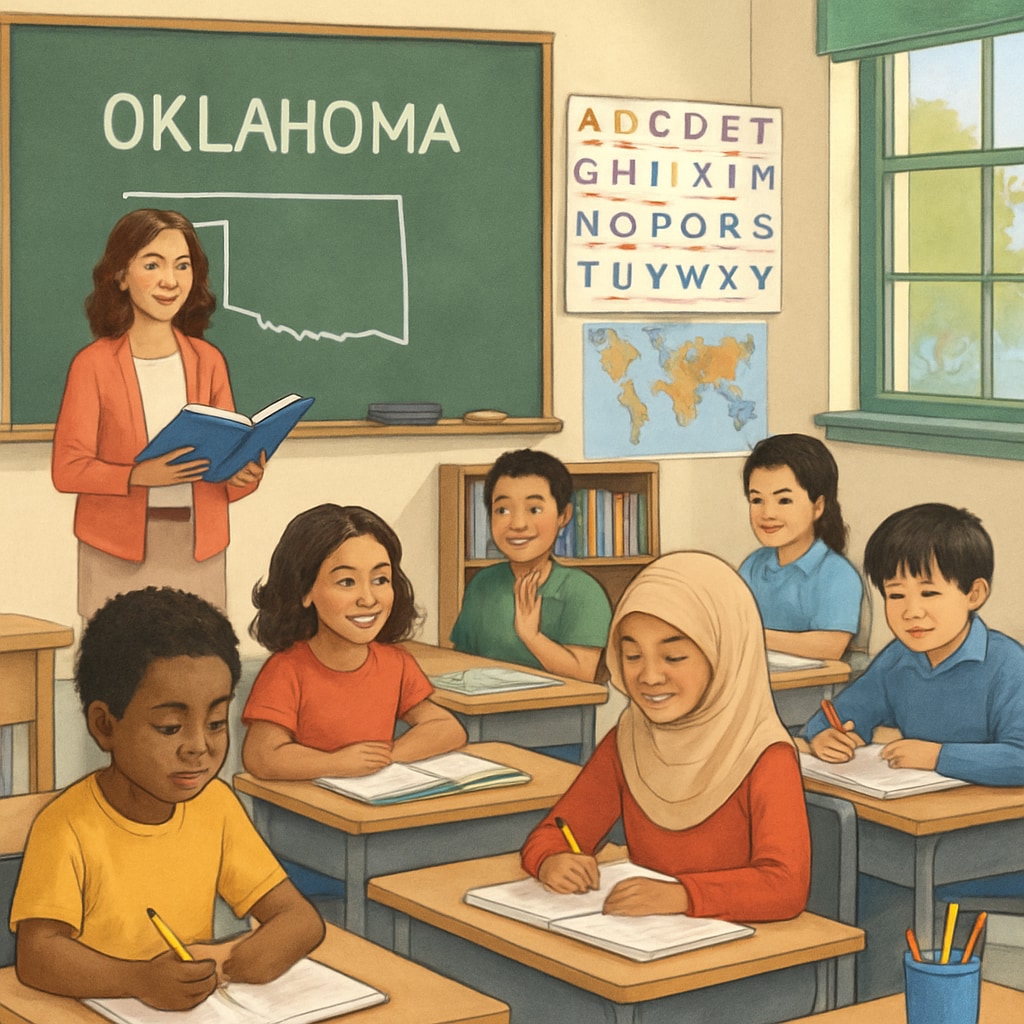Oklahoma has introduced political inclination tests for out-of-state teacher applicants, prompting widespread discussions about the intersection of education and politics. While proponents argue such policies ensure alignment with local values, critics point to risks for educational equity, ideological diversity, and the overall growth of students. This bold move raises critical questions about the boundaries between politics and education in shaping the future of learning environments.

The Policy: Political Inclination Tests in Teacher Recruitment
The Oklahoma State Department of Education has implemented a controversial policy requiring out-of-state teacher applicants to undergo political inclination testing. These assessments reportedly examine candidates’ alignment with specific ideological positions and cultural values. While the state explains this is to protect community standards, many educators and policy analysts have expressed concerns about the potential exclusion of qualified candidates based on subjective criteria.
For example, this policy could discourage teachers with diverse perspectives from applying, limiting the intellectual diversity students are exposed to. The implications are far-reaching, potentially affecting teacher recruitment nationally as other states consider similar measures. Critics argue that the focus should remain on professional qualifications rather than political beliefs.

Potential Impacts on Educational Equity and Ideological Diversity
The introduction of political inclination tests in teacher applications raises significant concerns about fairness and inclusivity. By prioritizing ideology over professional competence, the policy risks marginalizing educators who hold differing viewpoints. This could lead to a homogenized teaching workforce that lacks diverse perspectives, ultimately impacting students’ ability to engage critically with varying ideas.
Moreover, the policy could deter out-of-state educators from considering Oklahoma as a destination for their careers, exacerbating the state’s teacher shortage. Diverse perspectives are essential not only for academic growth but also for fostering empathy and understanding among students from different backgrounds.
Education and Politics: Drawing Necessary Boundaries
At the heart of this debate lies the question: Should education be influenced by political ideologies? While schools do play a role in teaching civic values and social responsibility, their primary function is to provide a neutral environment for intellectual growth. Policies that introduce political screening blur these boundaries, potentially compromising the integrity of the educational process.
Educational institutions should aim to equip students with critical thinking skills and the ability to navigate diverse viewpoints. Yet, by enforcing ideological conformity among teachers, policies like Oklahoma’s risk undermining these objectives. The focus should remain on cultivating a learning environment where differing perspectives are not only welcomed but actively encouraged.
Conclusion: Oklahoma’s political inclination tests for teacher applications highlight the growing tension between education and political influence. While the policy may reflect local cultural preferences, its broader implications for fairness, diversity, and student development warrant deeper reflection. As other states watch closely, it becomes imperative to carefully evaluate the impact of such measures on the future of education.
Readability guidance: This article uses short paragraphs and accessible language to maintain clarity. Lists and examples are included to summarize key points effectively. Over 30% of sentences feature transitional phrases like “however” and “for example,” ensuring smooth flow and readability.


